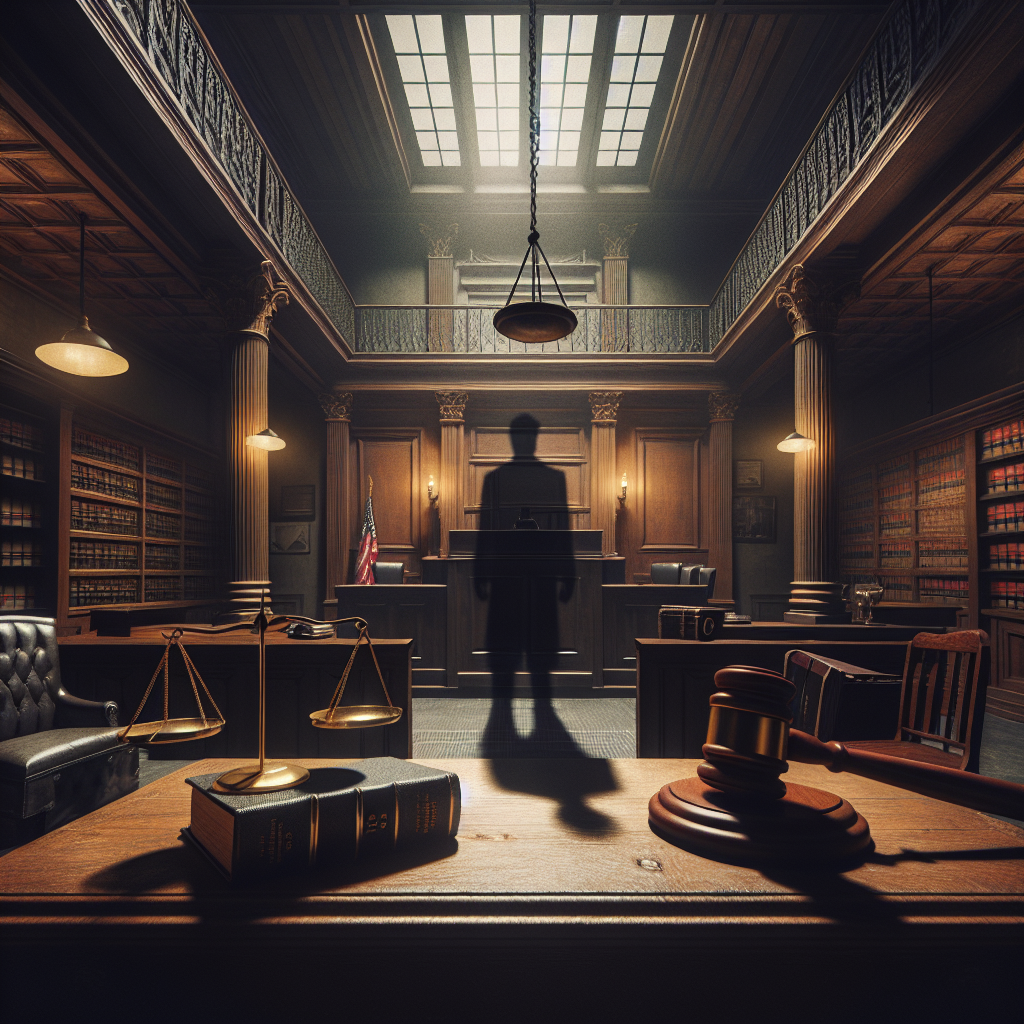Title: The Enduring Legacy of Law & Order: An In-Depth Analysis
Law & Order, which premiered on NBC in 1990, stands as a cornerstone of modern television. Created by Dick Wolf, the series was notable for its distinctive format that split each episode between the investigation of a crime and the subsequent prosecution. Running for a remarkable 20 seasons until its original conclusion in 2010, the series’ significance cannot be overstated. It not only spawned a host of successful spin-offs, including Law & Order: Special Victims Unit, but also set the standard for procedural dramas.
Thematic Depth and Narrative Structure
At its core, Law & Order delves into themes of justice, morality, and the complex machinery of the legal system. It positions itself at the intersection of law enforcement and courtroom drama, providing a dual perspective on criminal proceedings. This bifocal narrative structure was revolutionary and provided a template that has been emulated by countless other shows.
The recurring theme of "law versus order" serves as a critical moral dichotomy through which the series explores larger societal issues. The "law" is represented by the detectives of the NYPD who investigate crimes and bring in suspects, emblazoned by the iconic duo of Sergeant Greevey (George Dzundza) and Detective Logan (Chris Noth) in the early seasons. The "order" is symbolized by the legal team, originally led by Executive Assistant District Attorney Ben Stone (Michael Moriarty), who prosecute the suspects.
Character Arcs and Development
Character development is another stalwart component of Law & Order‘s enduring impact. The characters are not static; they evolve in response to both professional and personal challenges. For instance, Detective Lennie Briscoe (Jerry Orbach) is one of the most beloved characters in TV history, bringing a combination of wit, weariness, and steadfast morality to the series. Briscoe’s journey, marked by personal tragedies and moments of ethical ambiguity, often acted as a microcosm of the series’ larger themes.
Similarly, the legal side sees characters like Jack McCoy (Sam Waterston) grappling with the tension between achieving justice and adhering to the strictures of the law. McCoy’s tenure is notable for his willingness to push against legal boundaries – a reflection of the show’s examination of moral complexity and the sometimes murky nature of justice.
Exemplary Episodes and Social Commentary
Key episodes often shine a light on social issues, providing commentary on topical subjects. The episode "Indifference" from Season 1, for example, deals with child abuse in a harrowing yet nuanced portrayal. It grapples with the failures of the system designed to protect children and asks difficult questions about societal responsibility.
Another seminal episode, "C.O.D." from Season 14, touches on themes of immigration, economic disparity, and spousal abuse. The episode weaves together multiple perspectives, reflecting the intricate social fabric of New York City. The show’s commitment to addressing contentious issues head-on is one of its strongest attributes.
Moreover, the series regularly drew inspiration from real-life events, known as the "ripped from the headlines" approach. This technique not only lent an air of authenticity to the narratives but also engaged viewers in a dialogue about current events, thereby cementing Law & Order‘s relevance and immediacy.
Cultural, Social, and Historical Reflections
Law & Order’s value extends beyond entertainment; it serves as a cultural and historical artifact. The series captured the evolving landscape of American society over two decades, addressing issues such as race, gender, and class with a sensitivity that evolved over time. For instance, early episodes might seem more black and white in their moral conclusions, whereas later seasons embrace the shades of gray that often characterize real-life legal dilemmas.
The show’s portrayal of the criminal justice system has been both reflective and influential. It demystified legal proceedings for the general public and inspired many to pursue careers in law and law enforcement. On a broader scale, the series contributed to the discourse on justice and morality, often inviting viewers to question their own beliefs about right and wrong.
Legacy and Influence
The impact of Law & Order on the television industry is monumental. It pioneered the procedural drama genre, blending elements of police work and legal strategies into a coherent, engaging format. This approach has been replicated in countless series, from CSI: Crime Scene Investigation to NCIS.
Moreover, the series’ legacy is evident in its enduring popularity. Reruns continue to attract viewers, and the success of its spin-offs, especially Law & Order: Special Victims Unit, speaks to the robustness of its formula and its resonance with audiences.
The show’s influence extends into popular culture, where it has been referenced in myriad other media, from films to sitcoms. Its signature "dun-dun" sound effect is instantly recognizable, a testament to its cultural penetration.
Reflective Questions
As we consider Law & Order in today’s context, several reflective questions arise:
- How does the series’ portrayal of the criminal justice system inform, reinforce, or challenge current societal views on law and ethics?
- In what ways might the show’s approach to sensitive topics be received differently if it were produced in today’s cultural and political climate?
- How can contemporary procedural dramas build upon the foundations laid by Law & Order while addressing the demands and sensibilities of modern audiences?
Conclusion
In summation, Law & Order is more than just a television show; it is a mirror reflecting the complexities of society and the human condition. Its innovative narrative structure, compelling character arcs, and willingness to tackle difficult issues head-on have left an indelible mark on television history. As we continue to engage with its legacy, we are reminded of the enduring power of storytelling to shape and reflect our collective consciousness.
Got more questions? Our personalized TV Explorer AI assistant is here to help. Click here to start a conversation!
[Advertisement]
Want to see the deeper significance behind your favorite TV shows? Discover how ANY show relates to positive biblical principles with TV and Scripture GPT from BGodInspired.com. Click here to gain insights that go beyond the screen!
[Advertisement]

